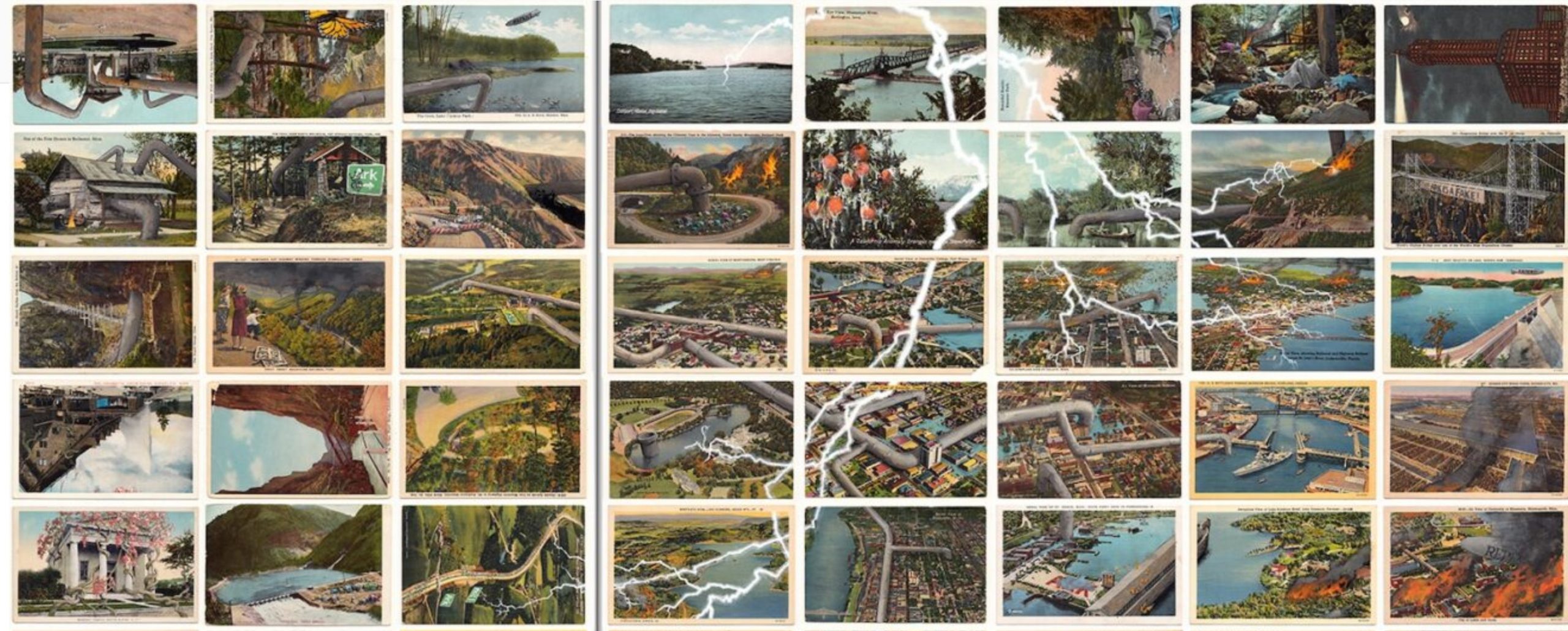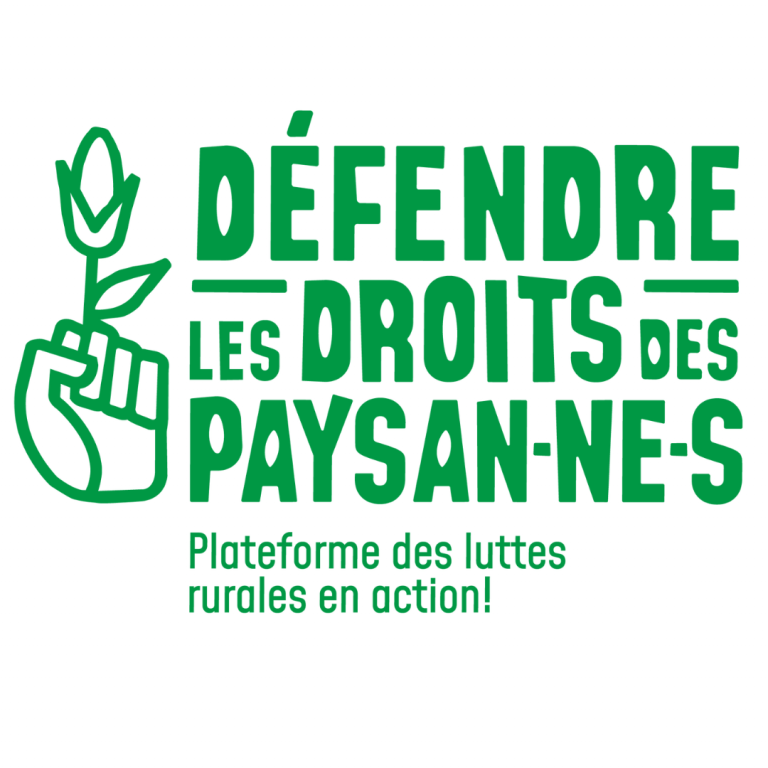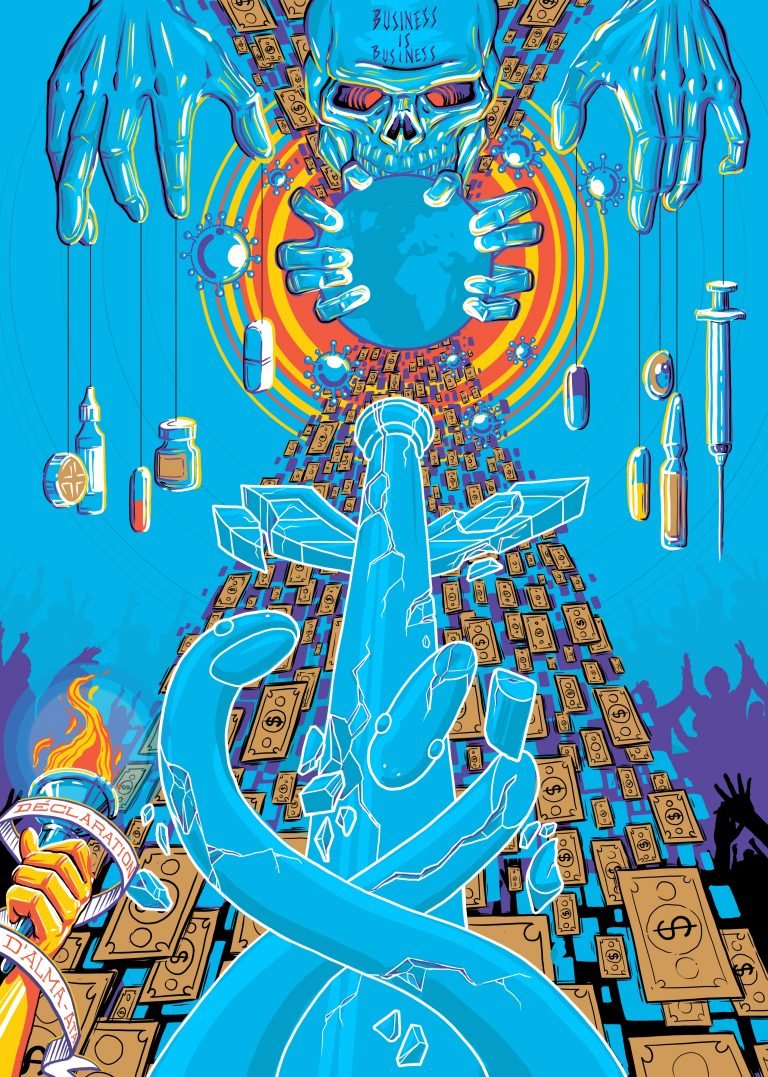Neither liberal nor social democratic policies have a structured approach to understanding imperialism, including its ecological history

Max Ajl does not bite his tongue, neither when he writes nor when he speaks. This rural sociologist based in Tunisia, a researcher associated with the Tunisian Observatory for Food Sovereignty and the Environment and with the Rural Sociology Group at Wageningen University, has written possibly the fiercest critique of the dominant models of the Green New Deal (GND), both social democratic and liberal. With a language as scathing as it is rigorous, his A People’s Green New Deal, published by Pluto Press, is an urgent book that, in addition to speaking out against the Eurocentrism of Western green policies, devotes half of its pages to elaborating alternative proposals. Its method draws from the anti-imperialist and anti-colonialist internationalism of the rich radical thought of the Global South —from the Marxist theory of dependency of Ruy Mauro Marino or Vania Bambirra, to the Thirdworldist world-systems analysis of Samir Amin or the decolonialism of Enrique Dussel—, in order to address head-on, without any subterfuge, the current climate emergency and the ecologically unequal exchange between core and periphery, and to imagine an ecosocialist future hand in hand with a socially just degrowth. Economic anthropologist Jason Hickel has called Ajl’s work “the best book yet on the GND”; historian Roxanne Dunbar-Ortiz, a “lucid and profound” text with “an actual political program of survival and renewal,” where “nearly every sentence is urgent and quotable”; indigenous activist Nick Estes has called it a “critical work” so that, in the face of the climate emergency, the North understands the persistence of anti-capitalism and anti-imperialism in the South; and evolutionary biologist Rob Wallace has invited anyone who “really wants to learn what’ll be necessary for our species to survive climate apocalypse” to read it. We spoke with Ajl about his critiques of hegemonic GNDs and the alternatives to them, as well as his position on other pressing debates within environmentalist thought and the challenges facing the Global South in light of the global geopolitical reconfiguration brought about by the war in Ukraine.
Read the full article on Anti-Imperalist Network
You will find more information on populism, racism and neo-fascism in Lendemains solidaires no 2






